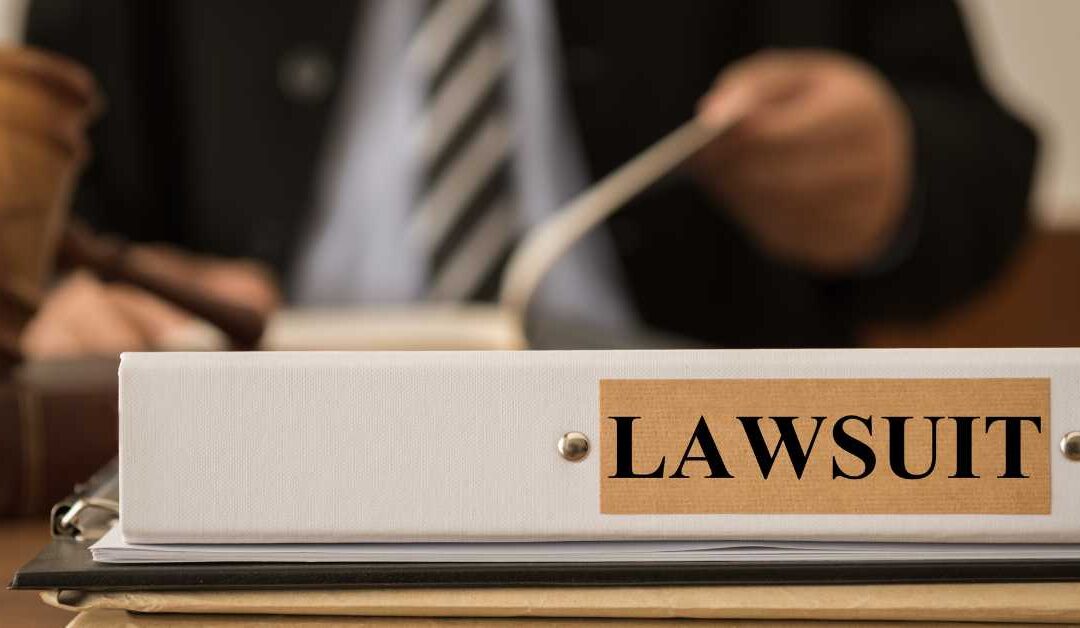Workplace discrimination is illegal under federal law, and you can sue employers who engage in it. If you win, your employer may owe you lost benefits, back pay, front pay (lost future earnings), emotional distress damages, and attorney fees.
Florida employment attorney Mark J. Berkowitz, P.A. answers questions about the mistakes clients often make when filing employment discrimination lawsuits.
Three Common Mistakes Clients Make in Discrimination Lawsuits
To maximize your chances of successfully suing an employer for discrimination in the state of Florida, take steps to avoid these three common mistakes.
1. Hiding Information From Your Lawyer
It’s natural to want to share things that make you look good while hiding or downplaying things that don’t. However, your employment lawyer cannot properly represent you without having all the facts.
The truth often comes out during a case, and being blindsided by unfavorable information makes it much harder for your attorney to pursue a fair settlement. By sharing all the facts upfront — the good, the bad, and the ugly — you can give your attorney time to prepare to deal with anything that may arise.
Similarly, if you exaggerate the situation to make it seem like you have a case when you don’t, that also doesn’t help. Be honest about the true nature of your circumstances so your lawyer can let you know if you have a legitimate case.
2. Talking to Former Co-Workers About Your Case
Keeping tabs on people at your former place of employment and sharing information may not be a good idea. If you’re filing an employment lawsuit based on discrimination, wrongful termination, or unsafe working environments, you don’t want to give your ex-employer a heads-up.
Avoid talking about your case to people who still work for your previous employer. Even former (and current) friends may not feel comfortable talking negatively about the company that currently pays their salary. Likewise, they may want to help but not support you for fear of retaliation or other consequences at work.
3. Being Careless on Social Media
Attorneys for the other party in your lawsuit will look for any evidence that bolsters their side and hurts yours. This includes scouring your social media accounts for photos, videos, and comments that may provide evidence for the employer to use against you.
While you may consider it blaming the victim, the other side can use what you post to counter your arguments. For example, if you make racist comments online but then sue your employer for racial discrimination, the judge or jury may not look favorably on that.
Most Florida employment attorneys would remind you that almost everything you post on social media stays there forever. The attorney for the other side can (and most likely will) ask for your passwords and then comb through whatever you’ve posted before and even during your case.
What Constitutes Employment Discrimination in Florida?
Not all acts of workplace discrimination are illegal. However, you may have a case if the discrimination violates your rights as a protected class. Outlined by numerous federal laws (such as the Civil Rights Act) and enforced by the U.S. Equal Employment Opportunity Commission (EEOC), protected classes include:
- Age
- Race or color
- National origin
- Disability
- Sex or gender identity
- Sexual orientation
- Pregnancy
- Religion
- Genetic information
Need Help With Your Employment Discrimination Lawsuit?
While many employers include anti-discrimination language in their employment contracts, that doesn’t mean they always follow the law. If you think your employer has discriminated against you, Florida employment attorney Mark J. Berkowitz, P.A., can help.
We believe everyone has the right to feel safe on the job, and we work to hold employers accountable for violating the law. Contact us today for professional guidance on your employment discrimination case.

